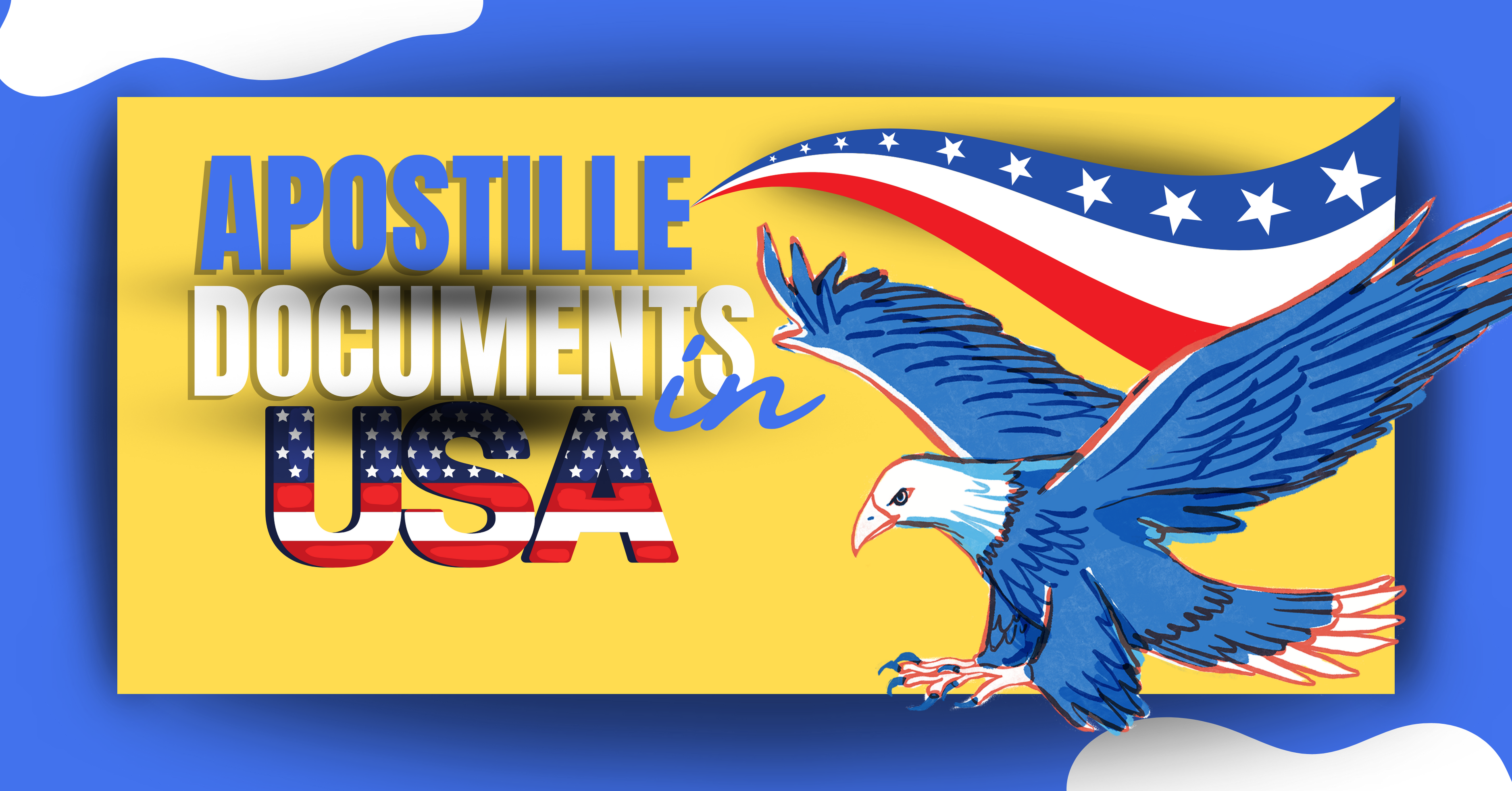Introduction to Electronic Notary USA
Electronic notary services, also known as e-notary services, have gained significant traction in recent years, providing an innovative solution to the age-old practice of notarizing documents. This digital evolution enables individuals and organizations to have their documents notarized online, eliminating the need for physical presence and paper-based processes. Electronic notary services adhere to the same legal principles as traditional notarization, ensuring the authenticity and validity of the documents in a more convenient manner.
Understanding the Legal Validity
One of the primary concerns when it comes to electronic notary services is their legal validity. Rest assured, electronic notarization is legally recognized across the United States. The Electronic Signatures in Global and National Commerce (ESIGN) Act and the Uniform Electronic Transactions Act (UETA) establish the legal framework for electronic signatures and notarizations. These laws ensure that electronically notarized documents hold the same legal weight as their traditional counterparts, granting them authenticity and enforceability.
The Advantages of Electronic Notary Services
Embracing electronic notary services comes with a plethora of benefits, making it a preferable choice for many. Some advantages include:
- Convenience: Electronic notarization eliminates the need for physical presence. Documents can be notarized from the comfort of your home or office, saving time and effort.
- Time-Efficiency: Traditional notarization processes often involve scheduling appointments and waiting. With electronic notary services, the process is expedited, allowing for swift document authentication.
- Enhanced Security: E-notary services incorporate advanced security measures like encryption and digital signatures, minimizing the risk of fraud or tampering.
- Global Accessibility: Geographical barriers are virtually eliminated with electronic notarization. Individuals from different parts of the world can access the service without the constraints of location.
- Cost Savings: Online notarization reduces the need for physical infrastructure and administrative resources, resulting in cost savings for both notaries and clients.
- Environmental Impact: By transitioning to digital processes, electronic notary services contribute to reducing paper waste and the overall environmental footprint.
Exploring the Electronic Notarization Process
The electronic notarization process is designed to be user-friendly and efficient:
- Document Upload: The process begins by uploading the document to the electronic notary platform.
- ID Verification: The signatory’s identity is verified through a series of security checks, which may include knowledge-based authentication or biometric measures.
- Digital Notarization: The notary electronically signs and stamps the document, adding their digital seal to ensure its authenticity.
- Digital Journal Entry: A digital journal entry is created, recording the details of the notarization for future reference.
- Completion and Delivery: Once notarized, the document is returned to the client electronically, complete with the notary’s digital signature and seal.
Electronic Notary USA for Various Documents
Electronic notary services cover a wide range of documents, including:
- Real Estate Transactions: Deeds, mortgages, and property transfer documents can be electronically notarized, expediting the home buying and selling process.
- Legal Contracts: Contracts, agreements, and affidavits can be securely notarized online, ensuring their legal validity.
- Estate Planning: Wills, trusts, and power of attorney documents can be digitally notarized, providing individuals with a streamlined solution for their estate planning needs.
- Business Documents: Incorporation documents, shareholder agreements, and business contracts can all be notarized electronically, simplifying business operations.
Frequently Asked Questions (FAQs)
Are electronically notarized documents legally valid?
Absolutely, electronic notarizations are legally recognized under the ESIGN Act and UETA, ensuring their validity.
Can any document be electronically notarized?
While a wide range of documents can be electronically notarized, some exceptions may apply, such as court orders or documents involving real property.
How is the security of electronically notarized documents ensured?
Electronic notary platforms utilize encryption, digital signatures, and multi-factor authentication to maintain the security and integrity of documents.
Is electronic notary available nationwide?
Yes, electronic notary services are available across the USA, although specific regulations may vary from state to state.
What is the cost comparison between traditional and electronic notarization?
Electronic notary services often prove to be more cost-effective due to reduced administrative overhead and the elimination of travel-related expenses.
Are electronic notarizations recognized internationally? The recognition of electronically notarized documents varies by country. It’s advisable to verify the specific regulations of the intended recipient’s country.
Conclusion: Embracing the Future of Notarization
As technology continues to reshape our world, electronic notary services stand as a testament to the positive impact of innovation on legal processes. With the legal foundation established by the ESIGN Act and UETA, electronic notarizations offer a secure, efficient, and legally binding solution for document authentication. By embracing this digital transformation, individuals and businesses can streamline their paperwork, reduce costs, and contribute to a more sustainable future.




































